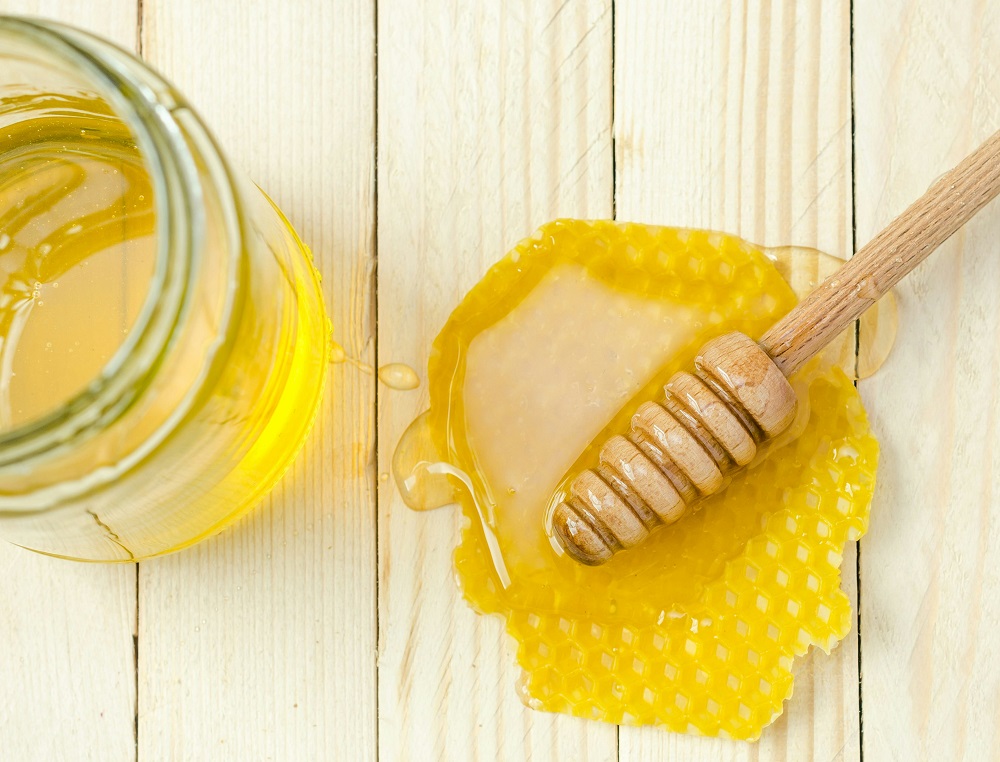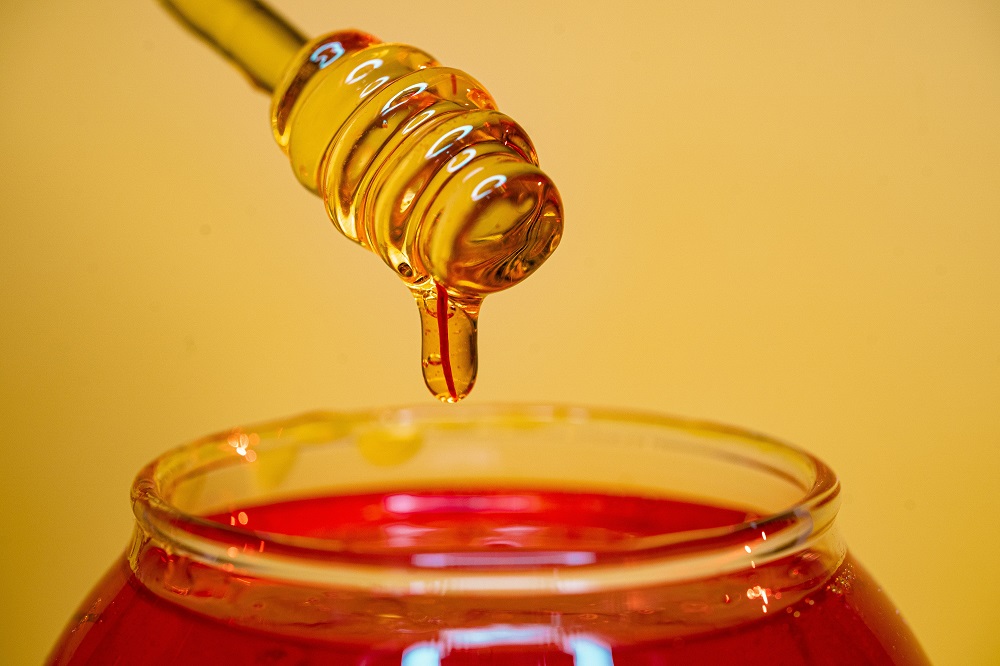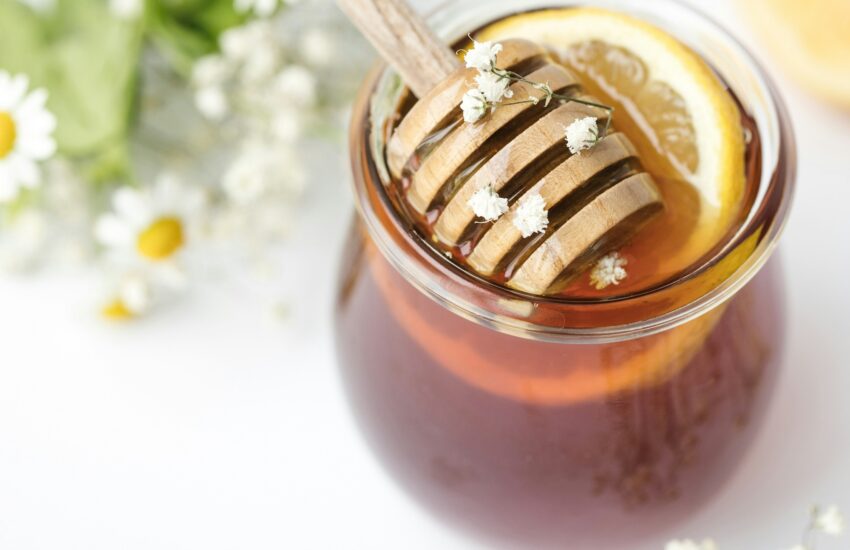Honey, often considered a natural superfood, has been used for centuries in various cultures for its healing properties. When winter arrives, our bodies require extra care and nourishment, especially with the harsh weather conditions, lower temperatures, and increased susceptibility to illness. Honey can be a valuable addition to your winter diet, providing an array of health benefits that are both effective and comforting. From soothing sore throats to enhancing skin health, honey offers multiple benefits during the colder months. Here are 10 reasons why honey is particularly beneficial in winter. Accordingly Mohit Tandon Burr Ridge , Followings are the 10 Benefits of Honey in Winter :
1. Natural Source of Energy
During the winter, the body requires more energy to stay warm and to support immune function. Honey, with its natural sugars—primarily glucose and fructose—acts as an instant source of energy. These sugars are easily absorbed by the body and provide a quick energy boost. It can be especially helpful during the long, cold days of winter when we might feel more sluggish. Unlike refined sugars, the natural sugars in honey are metabolized more efficiently, offering sustained energy without the crashes that come with processed sweeteners.
2. Soothes Sore Throats and Coughs
Winter is notorious for colds, coughs, and sore throats. Honey is a natural remedy that can help alleviate throat discomfort. Its soothing, anti-inflammatory properties coat the throat, reducing irritation and providing relief. Additionally, honey has mild antibacterial effects, which can help fight off infection in the throat. For a natural remedy, honey can be taken alone or mixed with warm water or herbal teas to calm a sore throat. Studies have shown that honey can be as effective as some over-the-counter cough medicines in treating coughs and throat irritation. – Mohit Tandon Burr Ridge

3. Boosts Immune System
The winter months often bring an increased risk of illness due to the cold weather and reduced sunlight exposure. Honey, particularly varieties such as manuka honey, is packed with antioxidants and antibacterial properties that help strengthen the immune system. The antioxidants in honey, including flavonoids and phenolic acids, help neutralize harmful free radicals in the body, preventing oxidative damage to cells and tissues. This immune-boosting effect is especially beneficial in winter when colds, flu, and other infections are more prevalent.
4. Keeps Skin Hydrated and Healthy
Cold, dry winter air can leave your skin feeling parched and irritated. Honey is a natural humectant, meaning it draws moisture from the air into the skin, helping to keep your skin hydrated. The antimicrobial properties of honey also make it an excellent option for preventing skin infections or blemishes that might arise from dry, cracked skin. Many people use honey as a face mask or moisturizer during winter to keep their skin soft, smooth, and nourished. Regular use can also help improve skin elasticity, making it look more youthful and radiant.
5. Helps Regulate Sleep Patterns
Winter can disrupt our sleep due to factors such as lack of sunlight and the overall shift in our daily routines. Honey can play a role in improving sleep quality, thanks to its ability to release small amounts of insulin in the body, which in turn helps tryptophan (a precursor to serotonin) to enter the brain. Serotonin helps to regulate mood and sleep cycles. Honey’s ability to support healthy sleep patterns is why many people incorporate it into a warm drink before bed—such as honey and warm milk—providing both comfort and relaxation to ease into a good night’s sleep.
6. Promotes Digestive Health
Winter can sometimes affect our digestive system due to overeating during the holiday season and changes in dietary habits. Honey supports digestive health by promoting the growth of healthy gut bacteria. The prebiotics found in honey help nurture these beneficial bacteria, aiding in digestion and preventing constipation. Furthermore, honey has mild laxative effects, helping to soothe the stomach and encourage regular bowel movements. Consuming honey regularly during the winter months can support overall digestive function and keep the gastrointestinal system functioning smoothly. – Mohit Tandon Burr Ridge
7. Relieves Allergies
Many individuals suffer from seasonal allergies during the colder months, especially when exposure to allergens like dust or pet dander increases indoors. Honey has long been recommended as a natural remedy for allergy relief. Local honey, in particular, contains small amounts of pollen, which, when consumed regularly, can help the body build a tolerance to allergens. While more research is needed, some anecdotal evidence suggests that eating honey may help alleviate symptoms such as sneezing, itching, and congestion during allergy season.
8. Improves Respiratory Health
As the cold air dries out the mucous membranes and irritates the lungs, honey can help improve respiratory health by reducing inflammation and aiding in the removal of mucus. Honey is frequently used in natural remedies for asthma, bronchitis, and other respiratory issues. Its soothing properties help to calm the airways, allowing for easier breathing. A mixture of honey and ginger, for example, can be a potent remedy for coughs and congestion. Its anti-inflammatory and antimicrobial properties also help to prevent infections from worsening, making it a valuable ally for respiratory health in winter.

9. Supports Wound Healing
Winter injuries, such as cuts, scrapes, and chapped skin, can be more common due to the harsh weather. Honey has natural wound-healing properties and has been used for centuries as a topical treatment. Its antibacterial and anti-inflammatory effects make it ideal for treating wounds, burns, and other skin irritations. Honey helps to speed up the healing process by promoting tissue regeneration and protecting the wound from infection. Applying honey to minor cuts or burns can reduce the risk of scarring and infection while aiding in faster recovery.
10. Offers Comfort and Warmth
Aside from its physical health benefits, honey provides a sense of comfort and warmth during the colder months. A warm cup of tea with honey can be soothing to both the body and the mind, offering emotional relief from the stress or gloom that winter weather might bring. The sweet taste of honey can uplift your mood, and its comforting properties can create a relaxing atmosphere during cold winter evenings. In addition, honey can be added to baked goods, hot cereals, and other winter dishes, enhancing both flavor and nutrition while adding a cozy touch to your meals.
Conclusion
Honey is not only a natural sweetener but a multifunctional ingredient that offers a wide range of health benefits during the winter months. Whether used for soothing a sore throat, supporting the immune system, improving skin health, or simply providing comfort, honey has a place in every winter diet. Its diverse properties, including antimicrobial, antioxidant, and anti-inflammatory effects, make it an essential component of a healthy winter regimen. By incorporating honey into your daily routine, you can stay healthy, comfortable, and nourished throughout the colder months.
